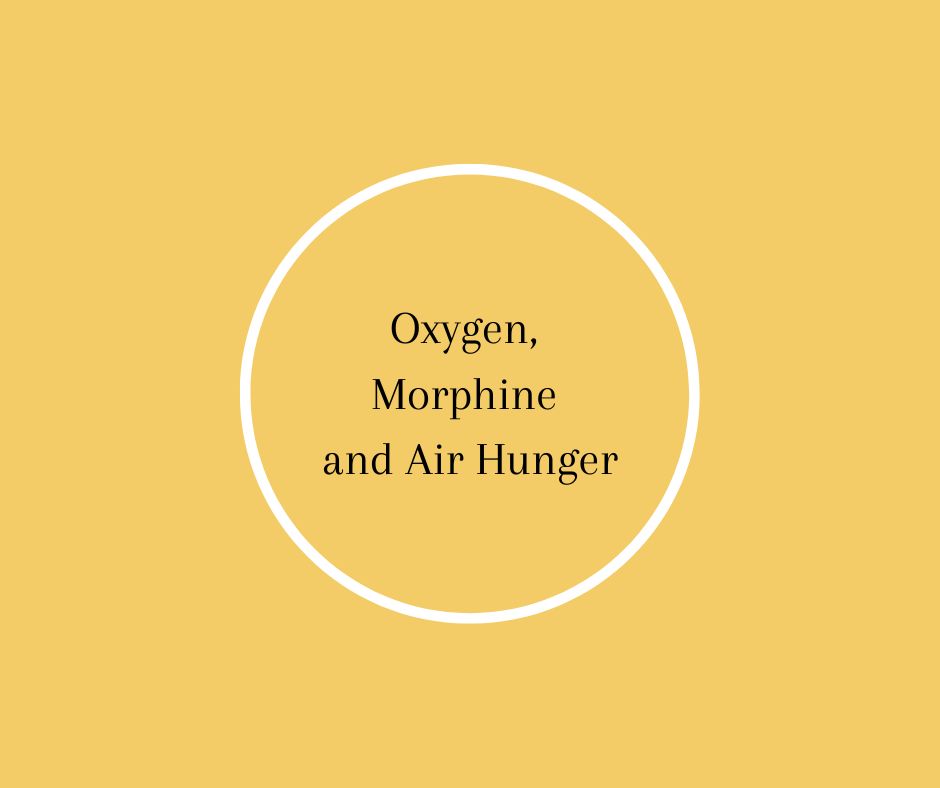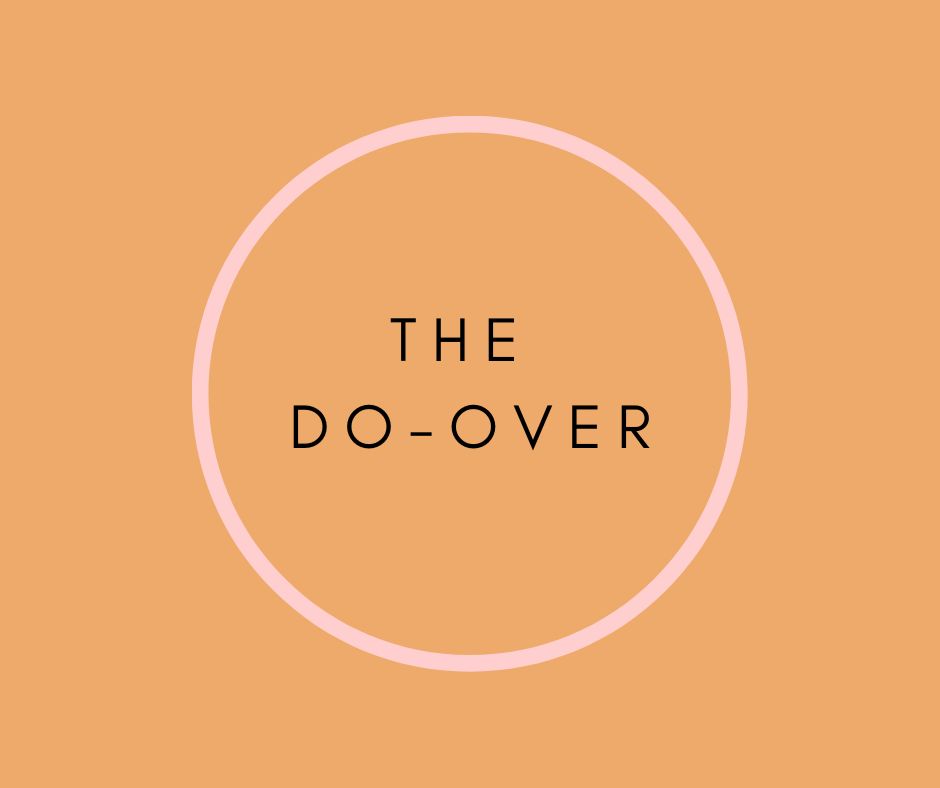QUESTION: My question is about when someone with advanced dementia is in that sort of vague pre-active dying period, say those months in and out of the hospital, the time when the PEG (artificial feeding) conversation starts to happen. So often Speech/Language Practitioners feel like they have to recommend tube feeding in this population, especially because they're not clear whether the person is dying and it still seems kind of far off, and so many still believe that it prolongs life to do so. Everything I encounter in the literature says otherwise, but we still have MDs who don't support us in this conversation. They approach the family with the "patient is not eating, patient needs a feeding tube" attitude.
Your question points to the dilemma that arises with most dementia patients and there really isn't a pat answer because so many factors affect the PEG tube (artificial tube feeding) recommendation.
Here are my thoughts:
What people don’t seem to recognize is that the disease will progress whether the person gets nutrition or not. Nutrition is not the end all be all that we think it is. Yes, our body needs food to live. It is the anchor that holds us to this planet but the question is not simply about keeping the body breathing no matter what. I think the question needs to be what about the life that is being anchored to the planet?
What is the quality of life at this moment? If there is some, maybe the answer is to keep that life going. If there is little response, immobile, total care why not let dignity remain and death come naturally. I guess the question is what is living about? Is it just about the body breathing or it is more? Is it about what the body does while it is breathing? I know that some will answer it is about the breathing.
Physicians tend to operate under the belief "If it can be done medically, do it." Where I'd say, "Just because it can be done medically doesn't mean it is in the best interest of the patient to do it." Again, all is a matter of opinion.
So how do we address this dilemma? First, I don’t think there is a right or wrong answer to the question feeding tube or no feeding tube. It is a choice. My concern is that the choice is often made with a lack of accurate information and made emotionally and out of fear and guilt rather than rationally and with complete information.
Someone needs to talk with the person who has the Durable Medical Power of Attorney (as well as the entire family) to educate them in their options, the normal dying process, not eating and dehydration as part of the normal dying process and that love sometimes means saying goodbye. Help them let go of the guilt that comes with making that decision.
Dementia doesn't play by the rules when it comes to signs of approaching death. It isn't until the person can't eat and artificial feeding is begun that the dying process becomes evident as to a time line. Yet dying is taking place. It is taking place in all of us. It is just that for some it is occurring faster than for others.
Something more...
We need community when we are faced with such decisions- people who will listen, who can advise, who will support us. I invite you to join such a group of people at my Facebook Group End of Life Care and Bereavement. Professionals in the hospice field along with members who are caring for someone in their final act of living make up this group. It's a place to ask questions, learn from others, share your story and get the support you need. Knowledge reduces fear.








1 comment
Susan
Thank you Barbara for all you do for the hospice community. I am a hospice volunteer and have your wonderful and informative booklets. I use this information to help my hospice families.
Best regards
Susan
———
BK Books replied:
Hi Susan, Blessings to you for the work you are doing as a Hospice volunteer. You are giving others a heartfelt gift. Barbara
Thank you Barbara for all you do for the hospice community. I am a hospice volunteer and have your wonderful and informative booklets. I use this information to help my hospice families.
Best regards
Susan
———
BK Books replied:
Hi Susan, Blessings to you for the work you are doing as a Hospice volunteer. You are giving others a heartfelt gift. Barbara